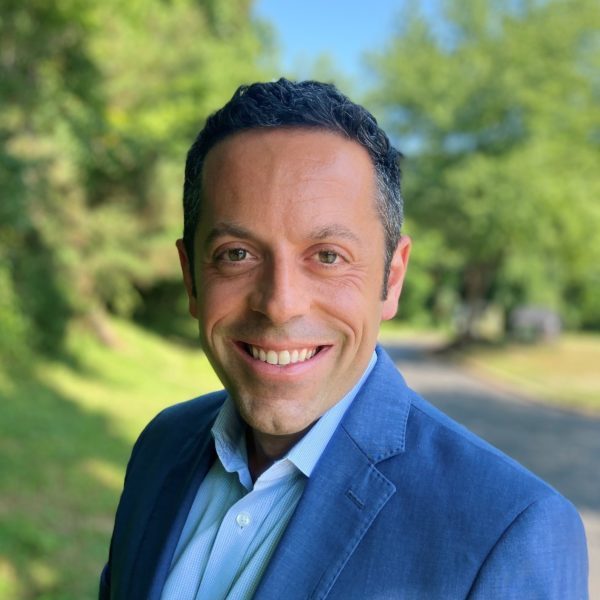“Communication has the power to build bridges, to enable encounter and inclusion, and thus to enrich society. How beautiful it is when people select their words and actions with care, in the effort to avoid misunderstandings, to heal wounded memories and to build peace and harmony.”
Pope Francis
Undoubtedly during my week I facilitate conversations where someone says something like “the Diocese always tries to…,” or “priests don’t care about…,” or “everybody thinks…” In my blessed opportunity to be the objective outsider in these situations, I often times will try to clarify “When you say everybody, could we get a little more specific? Do you mean Deb at the Diocese? Does Fr. Peter not care?” Regardless of who the faceless group is, as soon as I assign a few names of real people, suddenly the issue at hand becomes a lot more focused or often times different altogether.
Our minds are trained to group things. We all like narratives that make sense and are compelling, particularly when they support something we believe. But narratives drive actions. Am I prudent in deciding which pronoun really makes sense for the moment? Am I courageous enough to say “I believe,” versus “everybody believes.” Can I address my issue to the person or persons specifically without escalating it to systemic proportions? Do I group in order to understand or to try to make myself understood? I, for one, have lots of work to do here.
CLI serves Church leaders, helping them rediscover their potential and forming them to be more intentional with those they serve.
CLI helps empower and energize Catholic leaders by providing focus and courage to engage the culture with an apostolic mindset.
CLI provides vision and hope about the future of the Church with a humble, yet strategic approach.
News and updates from Catholic Leadership Institute that highlight announcements within the organization, our team, or our partners.



